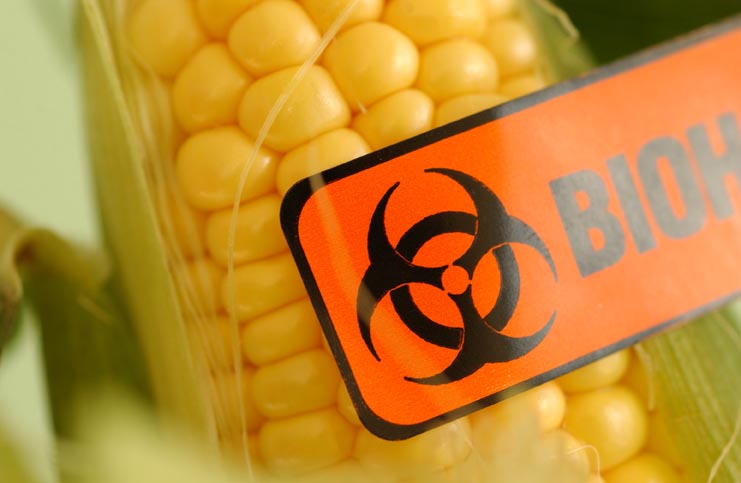Victory! Federal Court Strikes Down Lax GMO Rules, Halts GE Crop Introductions Without USDA Oversight

Published: December 12, 2024
Category: GMO News
Court Ruling holds 2020 regulations exempting most GE crops from oversight contradicted the agency’s own prior conclusions and are unsupported by science.
In a precedential victory for food and environmental safety, a federal district court recently ruled that genetically engineered (GE) organisms must be regulated. The Court’s ruling overturns the 2020 rule overhaul by the first Trump administration that had eliminated most government oversight over GE crops, trees, and grasses.
“This is a critical victory on behalf of farmers, the planet, and scientific integrity,” said George Kimbrell, legal director for the lead plaintiff Center for Food Safety, and counsel in the case. “USDA tried to hand over its job to Monsanto and the pesticide industry and the Court held that capitulation contrary to both law and science.”
The ruling is a rebuke of the first Trump administration’s efforts to practically eliminate oversight of novel GE technology and instead let industry self-regulate. Previously, nearly all GE plants went through agency approval before experimental planting and again before any commercial use. Center for Food Safety and allies sued USDA in 2021 to reverse this rollback, arguing that the rule change violated numerous environmental laws, including the Endangered Species Act, the National Environmental Policy Act, and the Plant Protection Act. On December 3rd, the Court held that the regulations violate the Plant Protection Act and the Administrative Procedure Act.
The Court’s decision sharply criticized the defendant federal agency for its abrupt reversal after more than a decade of recognizing the harms of novel GE technology. The Court at various points held the agency decision was in “direct conflict with the conclusion of its own experts,” and was based on “perception and beliefs” that are merely “asserted as fiat untethered to a clear and sound analysis.” Despite USDA’s repeated admissions of the need for stronger—not lesser—regulations, the rule unlawfully ignored these concerns of GE crops’ risks.
As such, the Court found that the rule did not address “a single one of these issues” that the agency itself previously raised. The Court also found that the exemption of GE crops was “repudiated” by the “scientific evidence in the record,” specifically the conclusions and recommendations from the National Academies of Science. Finally, concluding that the agency’s errors were “significant,” the Court struck down the rules based on those violations alone, determining it unnecessary to yet reach the Endangered Species Act and National Environmental Policy Act claims.
“For the past few decades, America’s family farms have struggled under the control of the corporate agrochemical industry, making it nearly impossible for farmers to find anything other than patented-GE seed and pesticide technologies,” said Jim Goodman, Board President National Family Farm Coalition, a plaintiff in the case. “Today’s Court decision is a victory for family farms, consumers, and the environment. If the agrochemical industry is allowed to determine the approval of their patented products, farmers will have no measure of fairness in the seed market.”
The plaintiffs in the case are the National Family Farm Coalition, Pesticide Action Network, Center for Environmental Health, Center for Biological Diversity, and Center for Food Safety, all represented by counsel from the Center for Food Safety.
Organic & Non-GMO Insights December 2024




